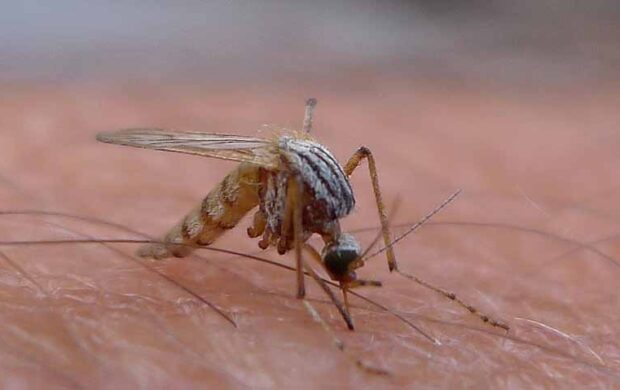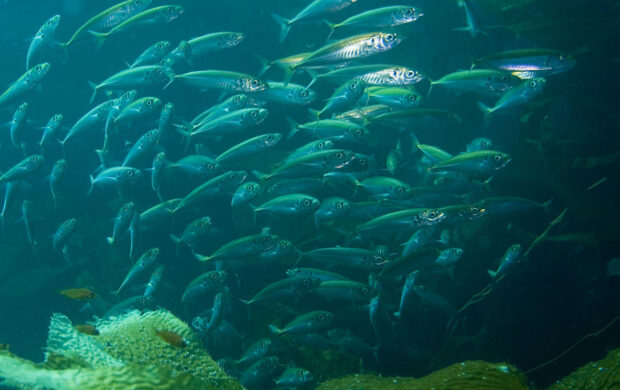A herd of wild Asian Elephants has been marching for 500 km through towns and villages in South-West China, creating an online frenzy on Chinese Social Media platforms. Mainstream media has been providing daily video updates and local governments have been feeding and escorting the elephants on their journey.

So what?
The online frenzy that accompanied the Elephant’s march has mainly been positive. Focusing on the beauty of the animals, rather than the potential destruction they may cause. Local villagers have also been surprisingly tolerant of the animals. Which, Zhou Jinfeng, director of the China Biodiversity Conservation and Green Development Foundation, believes may signal a positive sign of acceptance for these species. Given that China is hosting the UN convention on Biological Diversity this year, this new appreciation of nature may help sway this important conference in the right direction.















Join discussion